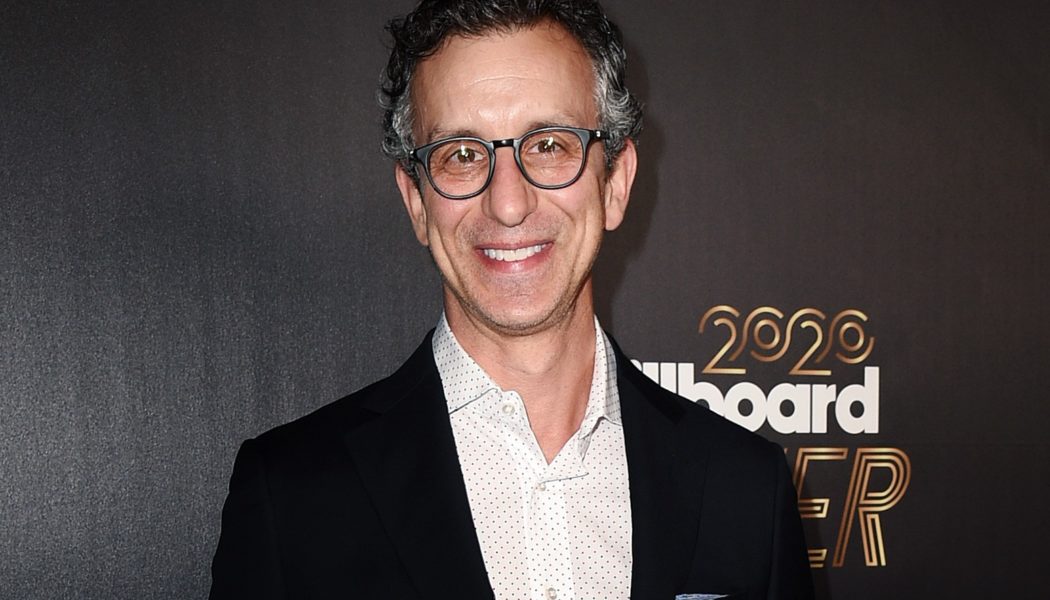
The U.S. music publishing industry registered a 9.6% revenue increase to $4.077 billion in 2020, up from $3.72 billion in 2019, according to the NMPA presentation. Surprisingly, within that, performance collections grew 7.92% to $2.1 billion from $1.945 billion in 2019.
Both growth percentages were slightly down from the increases posted in between 2019 and 2018 when total revenue was up 12.7% from $3.3 billion in 2018; and within that performance was up 8.1% from $1.8 billion in the year earlier period.
Consequently, Israelite pointed out that the pandemic will likely continue to be a drag upon growth. “Even though the world felt the effects of COVID back in March of 2020, because of the delayed nature of much of the revenue streams for the publishing industry, there was a later impact to the industry, but it also means it will continue later in [2021] as we continue out of that problem,” he said in a statement.
Synchronization revenue grew 13% to $954 million from $844 million in 2019, according to the NMPA — but again that was less than the 22.7% growth reported over 2018’s synch revenue $696 million.
Mechanical licensing, fueled by streaming enjoyed robust growth of 19.5% to $823.5 million, was up from $689.3 million. That’s increased growth from the 17.6% gain mechanical showed over 2018 when its licenses generated $586.1 million.
It wasn’t all good news, however: Other licensing income streams fell 17.1% to just under $200 million from $241 million in the prior year.
As a percentage of revenue for 2020, that breaks out to 51.5% performance, 23.4% synch, 20.2% mechanical and 4.9% other. (Revenue in 2019 broke out to 52.3% performance, 22.7% synch, 18.5% mechanical and 6.5% other.)
During the year, the NMPA generated $109 million in revenue for its members through lawsuits and other means, bringing total revenue to nearly $935 million since 2005, Israelite reported.
Besides reporting on the state of the industry, the annual meeting is also an opportunity to recognize songwriters and others in the music industry for their contributions. During the event, Taylor Swift received the NMPA Songwriter Icon Award and during her acceptance thanked collaborators Max Martin, Jack Antonoff, and Aaron Dessner and UMPG Nashville chairman & CEO Troy Tomlinson, as well as NMPA board member and UMPG Chairman & CEO Jody Gerson, “for being such a champion of female songwriters.”
Priscilla Block opening the annual meeting with a medley of Swift songs and, after Swift’s acceptance, Sara Bareilles performed “Clean” from Swift’s 1989 album.
Other awards included the presentation of the NMPA President’s Award to Rep. Jerry Nadler “for his commitment to fostering legislation that promotes fairness for songwriters.” In receiving the award, Nadler said as chairman of the House of Representatives Judiciary Committee, “I will continue to advocate for music creators.”
After that, Country Music Association CEO Sarah Trahern was presented the NMPA Industry Legacy Award. Artist Luke Bryan thanked Trahern for all of her work on behalf of the music industry and Nashville and said he would sing “Most People Are Good” in Trahern’s honor “because she’s definitely one of the good ones.”
And, finally, peermusic executive chair Ralph Peer II was honored for his 50 years of service on the NMPA award.
The NMPA also announced new additions to its board of directors on Wednesday, including Concord’s chief publishing executive Jim Selby and Spirit Music Group chairman Jon Singer.
In closing out his industry overview, Israelite pointed out that “despite our many challenges, the state of the music publishing industry is strong.” He said the numbers also show the importance of digital streaming and new business models, like in-home fitness, user-generated social media and gaming.
He said the $4.077 billion revenue number shows yet another lesson about the value of songs: With talk that recent catalog sales may have seen buyers pay too much, Israelite pondered if indeed songs were undervalued. He asked, “What if [buyers] got a bargain?”










